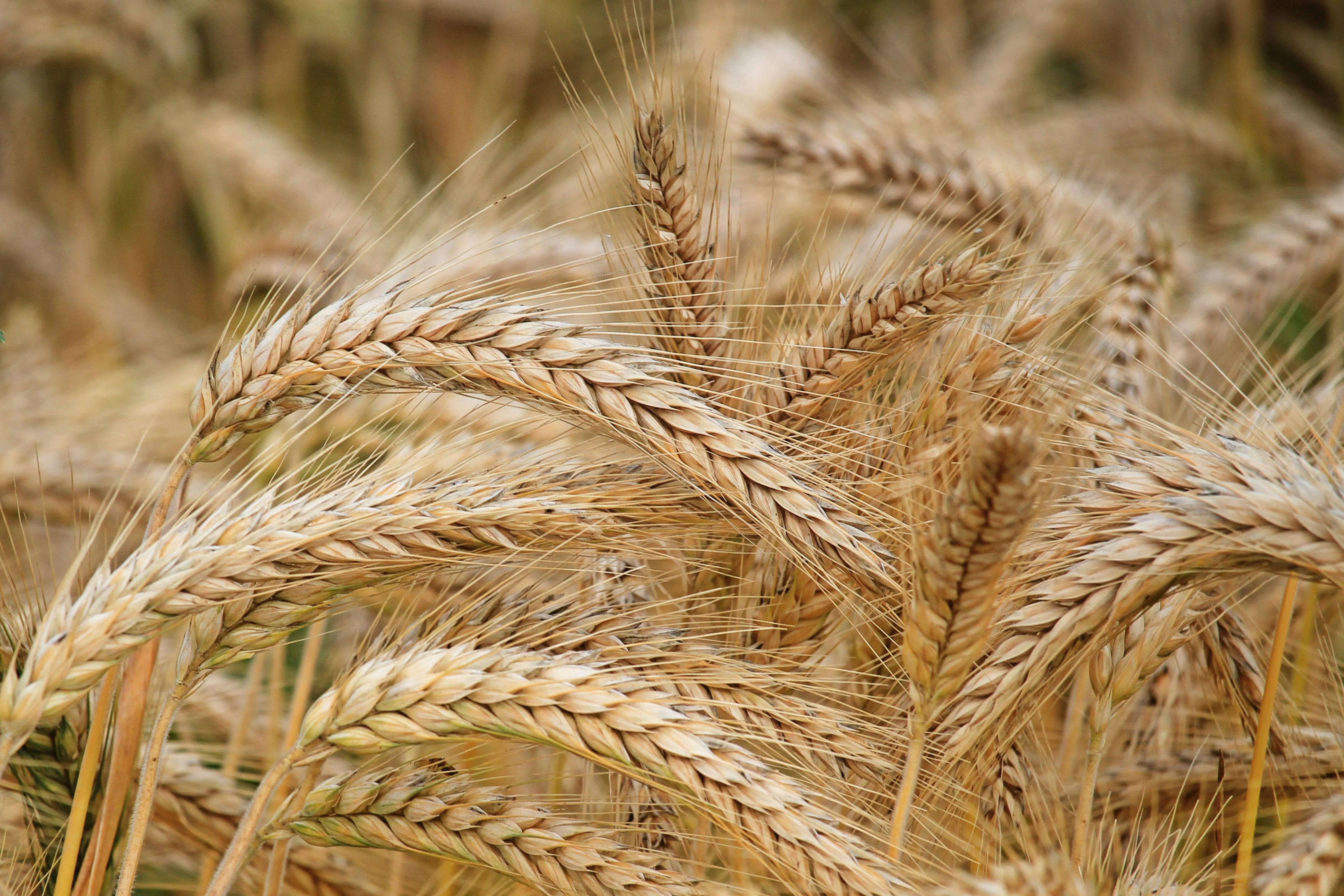Essential Guide to World Food Day 2025: Discover Key Themes
World Food Day, celebrated annually on October 16, serves as a reminder of the urgent need to tackle hunger, food insecurity, and malnutrition globally. As we approach World Food Day 2025, the themes surrounding food sustainability and security become even more vital. This day not only aims to promote awareness of global hunger but also emphasizes innovative solutions in sustainable agriculture and food distribution.
In this essential guide, we will explore various key themes associated with World Food Day 2025. From food justice to agricultural innovation, each section will delve into how communities and nations can combat hunger while promoting equitable food systems. We will discuss the importance of nutritional education, community gardens, and the impactful role local farmers play in ensuring food access for all.
By understanding these themes, we can foster greater collaboration, advocate for food sovereignty, and develop effective hunger prevention strategies. Join us as we navigate through these crucial subjects and highlight the importance of nurturing sustainable practices to secure a healthier food future.
Key takeaways will include insights on practical initiatives like community support programs, food cooperatives, and the role of fair trade practices in enhancing food distribution networks. Let's embark on this journey towards a more sustainable and just food system.
Understanding Food Security and Global Hunger
Food security remains one of the most pressing challenges facing humanity. It encompasses the availability, access, and utilization of food, ensuring that everyone has enough to eat at all times. Global hunger affects millions and highlights the disparity in food distribution worldwide. Understanding the multi-faceted nature of food security and its challenges is crucial in addressing these issues effectively.
Food security initiatives have emerged globally, focusing on increasing food access and availability through various strategies. For example, agricultural innovations such as climate-smart agriculture are essential for adapting to environmental changes while ensuring food production remains sustainable. In regions heavily affected by climate change, implementing resilient agricultural practices can significantly improve food security.
Furthermore, the impact of food systems on health and nutrition must be examined. Diet-related diseases are increasingly common globally, indicating that while food may be available, its nutritional quality often falls short. Addressing this insidious aspect of food security necessitates a multi-pronged approach, including developing nutritional policies and health campaigns to enhance food literacy.
Advocates for food sovereignty emphasize the importance of local food production and community gardens, which empower communities by giving them control over their food systems. Supporting initiatives that enhance local farmers' capabilities can lead to a more equitable food system and drastically reduce dependence on external food sources.
This discussion naturally leads us to explore the innovative strategies being deployed within food distribution networks aimed at alleviating hunger.
Innovative Strategies for Food Distribution
In combating hunger, understanding food distribution networks is paramount. Innovative food distribution strategies can effectively address issues such as food waste and lack of access in underserved areas. Farm-to-table concepts, for instance, bridge the gap between local farmers and urban consumers, ensuring fresh produce reaches those most in need.
Another notable approach is the implementation of food preservation techniques to extend shelf life and enhance food availability. This entails not only traditional methods but also the adoption of food technology to develop better preservation solutions. Local food programs, like community-supported agriculture (CSA), encourage the direct distribution of fresh fruits and vegetables, fostering relationships between producers and consumers.
Moreover, food donations play a critical role in enhancing food access. Organizations facilitating food rescue operations work tirelessly to recover surplus food from restaurants and grocery stores, redirecting it to those facing food insecurity. This practice not only helps reduce waste but also creates networks of support within communities.
Empowering local communities through education and resources is crucial for sustainable food distribution. Initiatives that foster food literacy and raise awareness about nutritional gaps contribute significantly to community resilience.
Connected to this principle are discussions about effective food programs that address malnutrition and food sectors' broader economic implications.
Food Programs and Malnutrition Solutions
The fight against malnutrition is deeply intertwined with food programs aimed at providing equitable access to nutritious meals. Various programs worldwide are designed to address nutritional deficiencies, particularly in vulnerable populations. For example, implementing school meal programs has proven effective in improving children's health outcomes while supporting local agricultural practices.
Successful nutritional education campaigns inform families about healthy diets, the significance of balanced meals, and understanding dietary guidelines. Such knowledge empowers individuals to make informed food choices that can prevent diet-related diseases, enhancing overall community health.
Moreover, integrating agricultural development into food programs can create a sustainable cycle. By training community members in agricultural practices, especially in urban settings, individuals can increase local food production and improve food security. Community gardens, for instance, enable people to grow their food while providing opportunities for education on sustainable agriculture.
Additionally, global partnerships and collaborations among governments, NGOs, and the private sector are essential to expand the reach and effectiveness of these programs. Sharing best practices, resources, and innovative technologies can drive significant progress towards addressing malnutrition and food insecurity.
This leads us to an examination of food sustainability and its intersection with environmental considerations.

Promoting Sustainable Agriculture Practices
Sustainable agriculture is at the core of creating resilient food systems. By embracing practices that enhance biodiversity, soil health, and ecological balance, we can significantly improve food security while also mitigating the environmental impact of food production. Prioritizing sustainable agricultural practices is essential for combating the adverse effects of climate change on food systems.
One approach gaining traction is organic farming, which minimizes the use of synthetic fertilizers and pesticides, promoting environmental sustainability. Furthermore, adopting crop diversity can enhance resilience against pests, diseases, and climate variability while ensuring a more balanced diet for consumers.
Economic empowerment of local farmers through education and resources is vital for fostering sustainable agriculture. Fair trade practices ensure that farmers receive just compensation for their labor and products, encouraging practices that prioritize ecological health. By supporting fair trade, consumers can make informed choices that benefit the producers and promote environmental ethics.
The role of food cooperatives in sustainable agriculture cannot be overstated. These cooperative models enable farmers to pool resources, share knowledge, and access larger markets, enhancing their economic viability and promoting sustainability. Community support can further amplify the impact of these cooperatives, leading to stronger local food networks.
As we explore sustainable practices, we must also consider the role of food activism in shaping food policies and advancing equitable food systems.
The Role of Food Activism in Policy Change
Food activism has emerged as a powerful force in advocating for food justice and sustainability. Individuals and organizations work tirelessly to raise awareness about the need for systemic changes to address hunger and food distribution issues. This activism often reflects the cultural significance of food, emphasizing its role in communities and individual identities.
Grassroots movements have been instrumental in pushing for comprehensive food policies that prioritize food sovereignty and equitable access to resources. These activists utilize various strategies, from community organizing to public demonstrations, to engage the public and influence decision-makers. By highlighting food access disparities, they advocate for policies that promote sustainable practices and challenge oppressive systems.
Moreover, the integration of local knowledge and practices in policy development can lead to more culturally relevant food systems. By recognizing the contributions of indigenous peoples and traditional food practices, policymakers can create frameworks that respect local food cultures and agricultural practices.
Innovations in food systems are also spurred by activism, with a focus on sustainable fisheries and urban agriculture. Advocating for climate-smart agriculture not only addresses agricultural challenges but also contributes to broader environmental sustainability efforts.
The culmination of these efforts is the establishment of fair food systems that provide for all, navigate nutritional issues, and inspire future generations. With this foundational understanding, we are ready to address some common questions regarding World Food Day and its significance in the global context.

Q&A: Understanding World Food Day
What is World Food Day?
World Food Day is an annual event held on October 16, aimed at raising awareness about global hunger and promoting actions to ensure food security for all. It commemorates the founding of the Food and Agriculture Organization (FAO) of the United Nations.
Why is food security important?
Food security is crucial because it affects health, economic stability, and social equity. Access to safe, nutritious food is essential for well-being and plays a significant role in preventing diet-related diseases and promoting overall public health.
How can individuals contribute to food security?
Individuals can contribute to food security by supporting local farmers, participating in community gardens, advocating for sustainable food practices, and donating to food assistance programs. Additionally, raising awareness about hunger issues can inspire collective action.
What are some effective solutions for reducing food waste?
Strategies for reducing food waste include encouraging responsible consumption, implementing food rescue operations, and educating consumers on proper food storage and preservation techniques. Communities can also champion food-sharing initiatives to redistribute excess food.
How does climate change impact global food systems?
Climate change poses significant challenges to food systems, affecting crop yields, food security, and biodiversity. Extreme weather events can disrupt food production and exacerbate existing inequities in food access, necessitating a focus on sustainable farming practices.
```